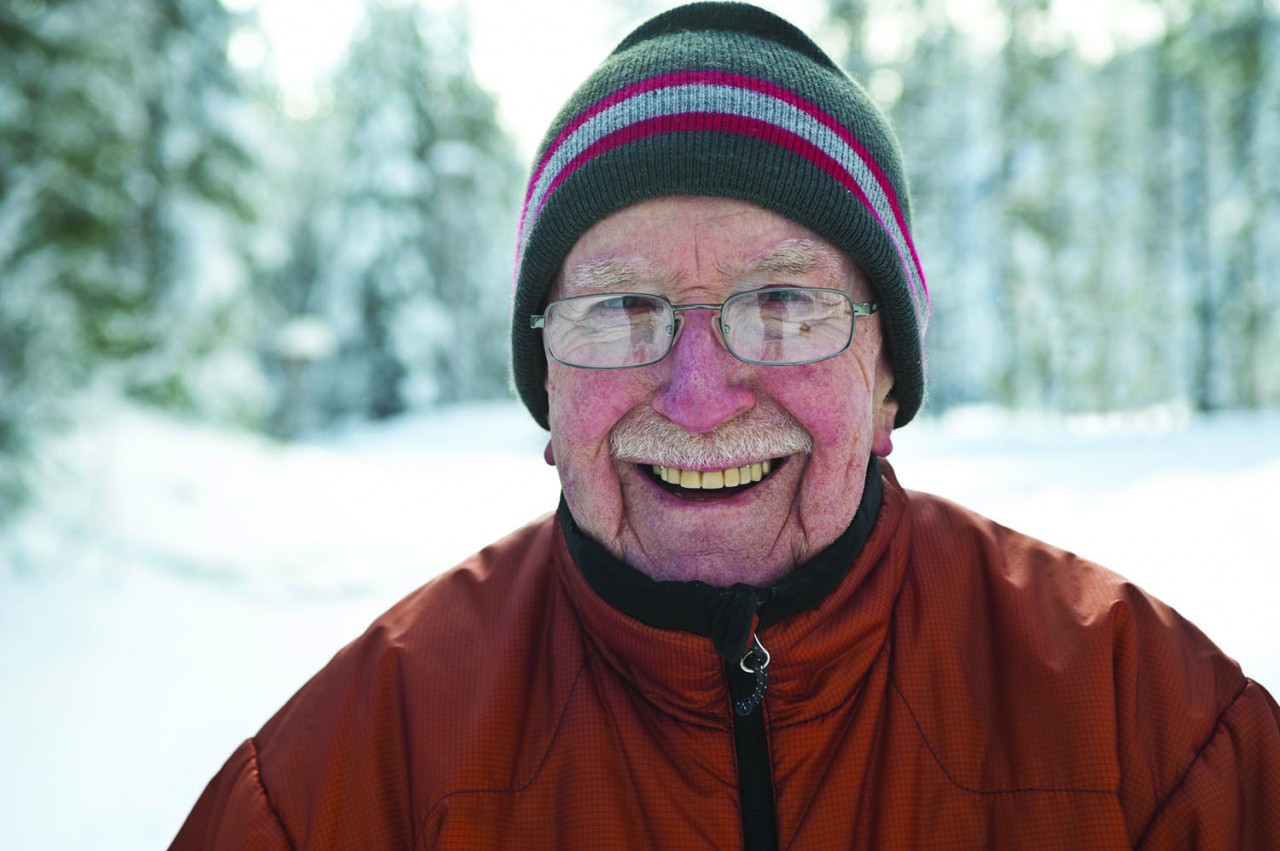Search
press Enter to search and ESC to close.
Winter Safety Tips for Seniors

The Midwest is caught in the throes of what meteorologists call a polar vortex. Temperatures are dangerously low, so much so that experts warn again even open your mouth while outdoors. While the sub-zero temperatures are the main concern right now, winter poses plenty of risks to elderly seniors. The cold weather, snow, and ice are all ingredients that can cause a recipe for disaster. Hypothermia and falls are just a couple of the health risks you face during the long, cold days/nights of the winter season. All of these health risks are heightened with the older population.
Know the Signs of Hypothermia
Hypothermia happens when a person’s core body temperature becomes dangerously low, which is usually caused by prolonged exposure to cold temperatures. The normal temperature a person should maintain averages around 98.6 degrees. When a person is experiencing hypothermia, their core temperature has dropped below 95 degrees. Severe hypothermia is when their core temperature has reached 82 degrees or lower.
Older persons are more at risk since the natural process of aging makes it more difficult to regulate body temperature. This is true for seniors in extreme cold and warmer conditions. But other medical conditions like diabetes and some medications can exacerbate an elderly person’s risk of hypothermia.
Symptoms of hypothermia include shivering, slow/shallow breathing, confusion, drowsiness, slurred speech, weak pulse, and loss of coordination. You may think that harsh conditions must be present for hypothermia to occur, but hypothermia can set it even when a person is indoors.
To avoid hypothermia, it is important to keep indoor temperatures at 68-70 degrees or warmer. People who live alone may not realize how cold it is in their home and could be slowly succumbing to hypothermia. A power outage during cold weather can be enough to drop the temperature inside your home low enough for hypothermia to take hold. During the winter months, it is important to check up on your elderly loved ones and neighbors especially during a power outage, to make sure that they are staying warm.
Other ways to combat hypothermia is to dress in loose layers, and keep extra blankets nearby for night time. It is recommended that seniors dress in layers even at bedtime, and should also consider wearing a stocking cap to bed. Eating enough calories and staying away from alcohol will also help your body stay at an appropriate temperature.
Slips and Falls Due to Snow and Ice
An even more common health risk for elders during the winter is falling down. Snow and ice do not provide the best surface for getting around. Always notice your surroundings, and be mindful that sometimes you can’t see ice. Choose footwear that will provide traction and support. Many popular shoes for seniors are smooth on the soles. Make sure to wear footwear that has grooves, for the water and ice to go into.
Another important tip is to make sure you clear the snow and ice from your walkways. Make sure to throw down some salt as well! If you are not able to do this on your own, ask a neighbor or friend to help out in the winter. Also, if you do have an elderly neighbor, it’s always a good idea to help them clear their walkways.
Besides proper shoes and clearing walkways, the best tip is to always allow extra time. Falls happen most often when people are running late, and begin to hurry. When you rush, you tend to not pay attention to your surroundings, or worry about your safety. If you need short-term therapy after suffering a fall, contact the Villas Total Rehab therapy team at The Villas Senior Care Community. Physical, occupational and speech therapy services can help seniors return home after a fall, surgery or illness.
